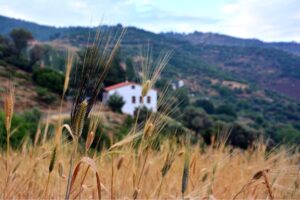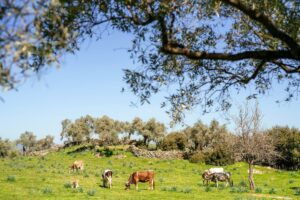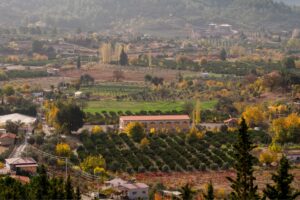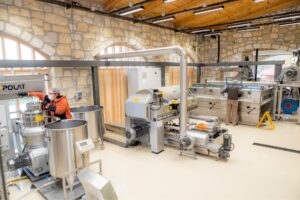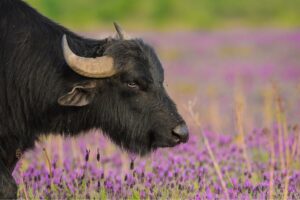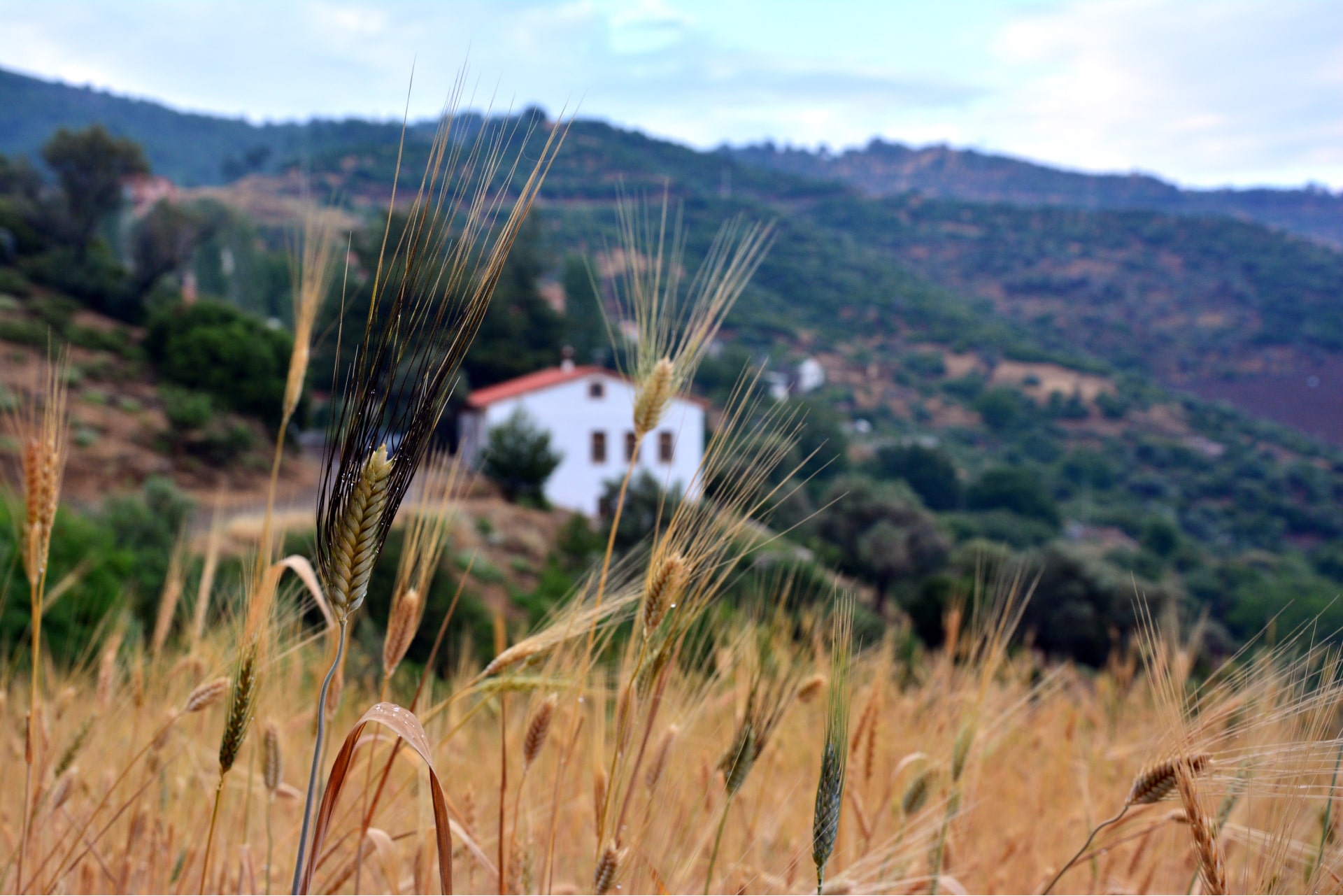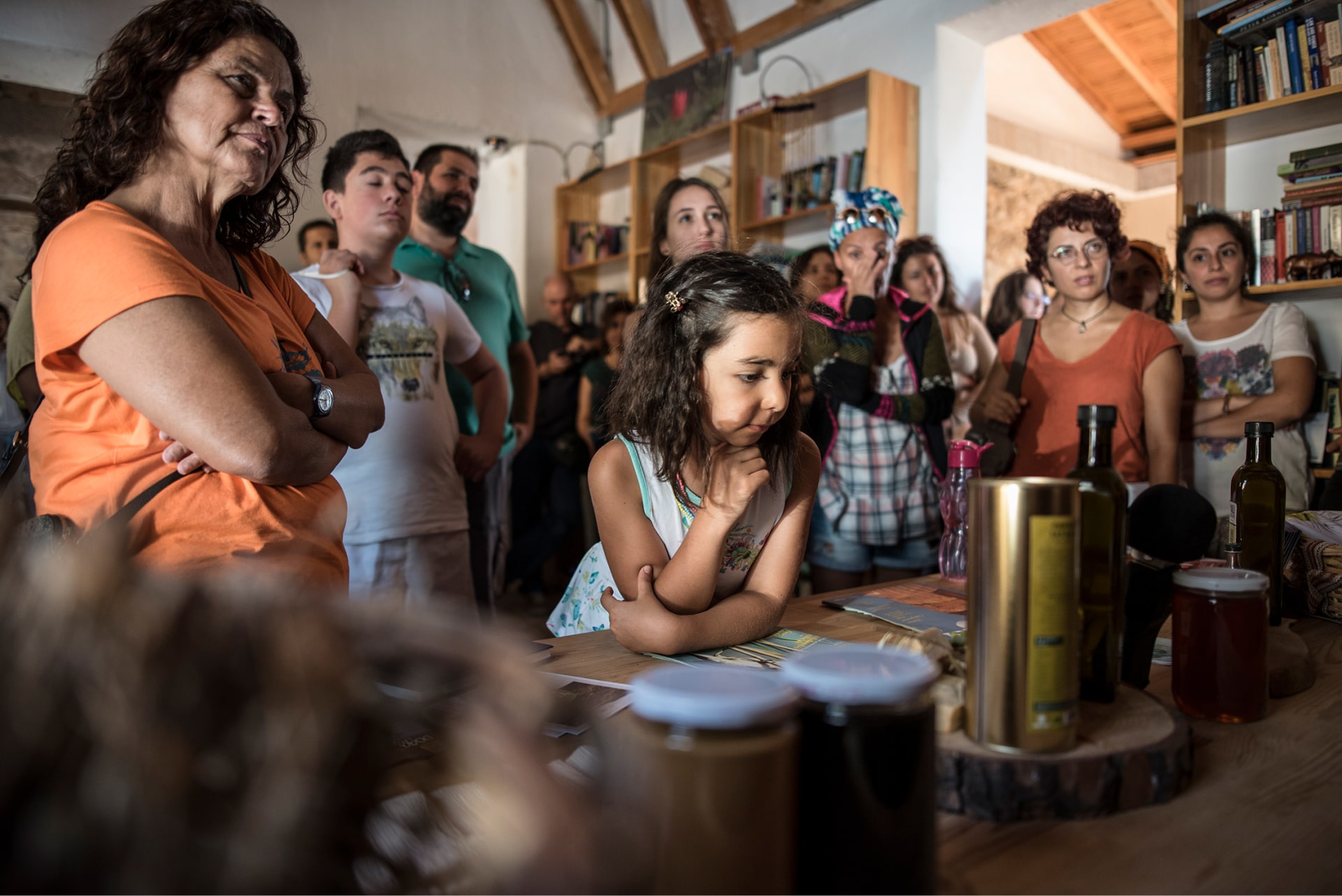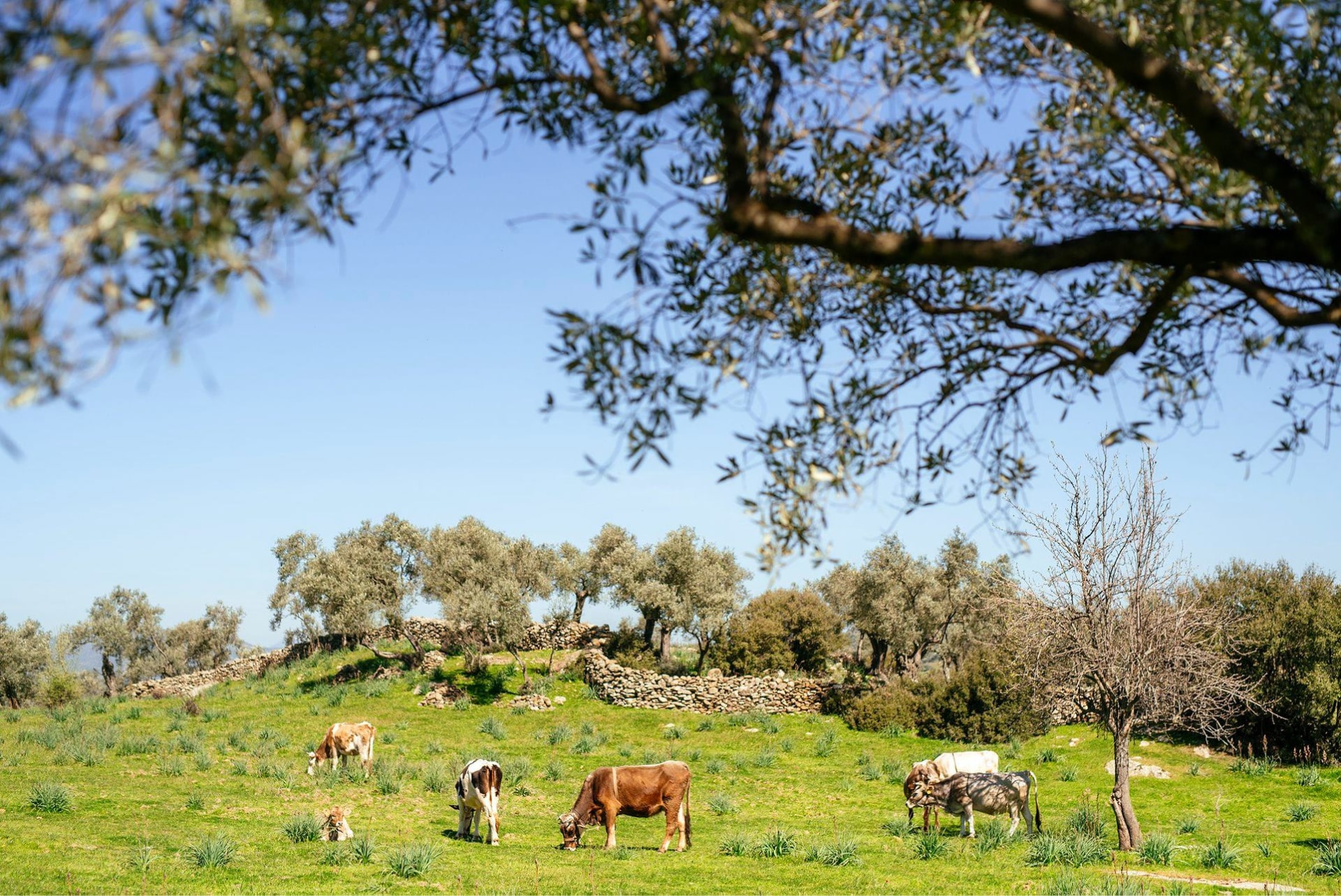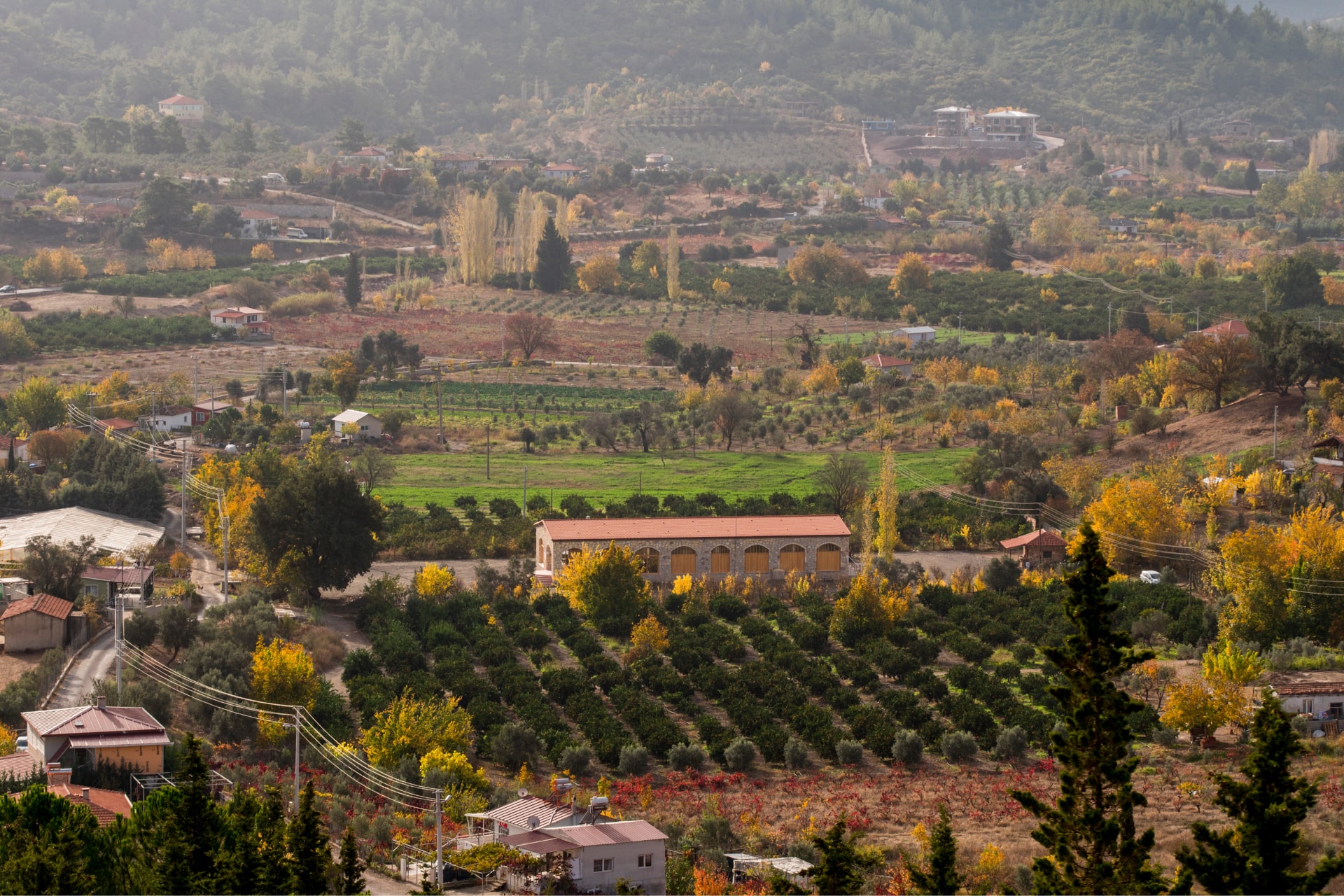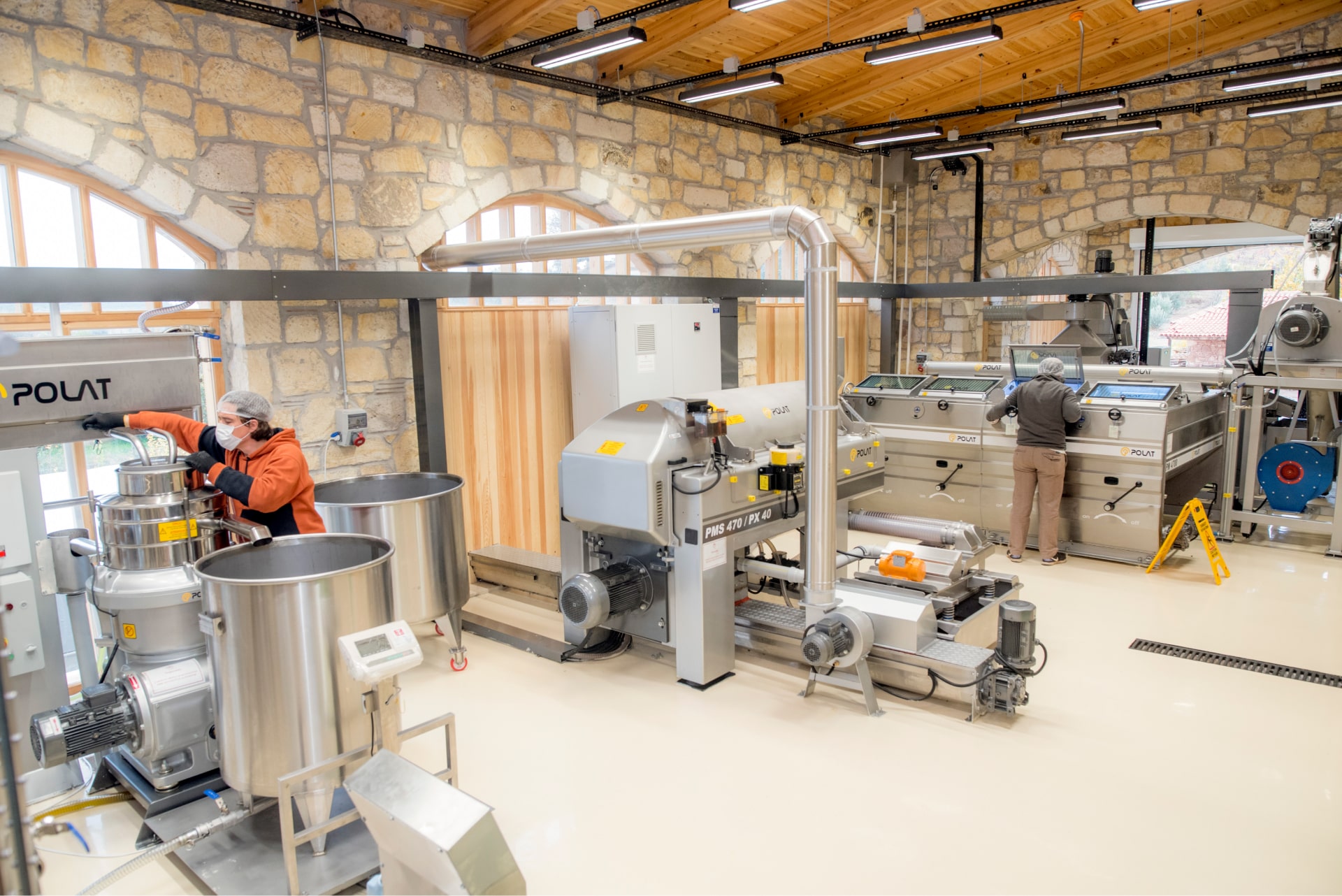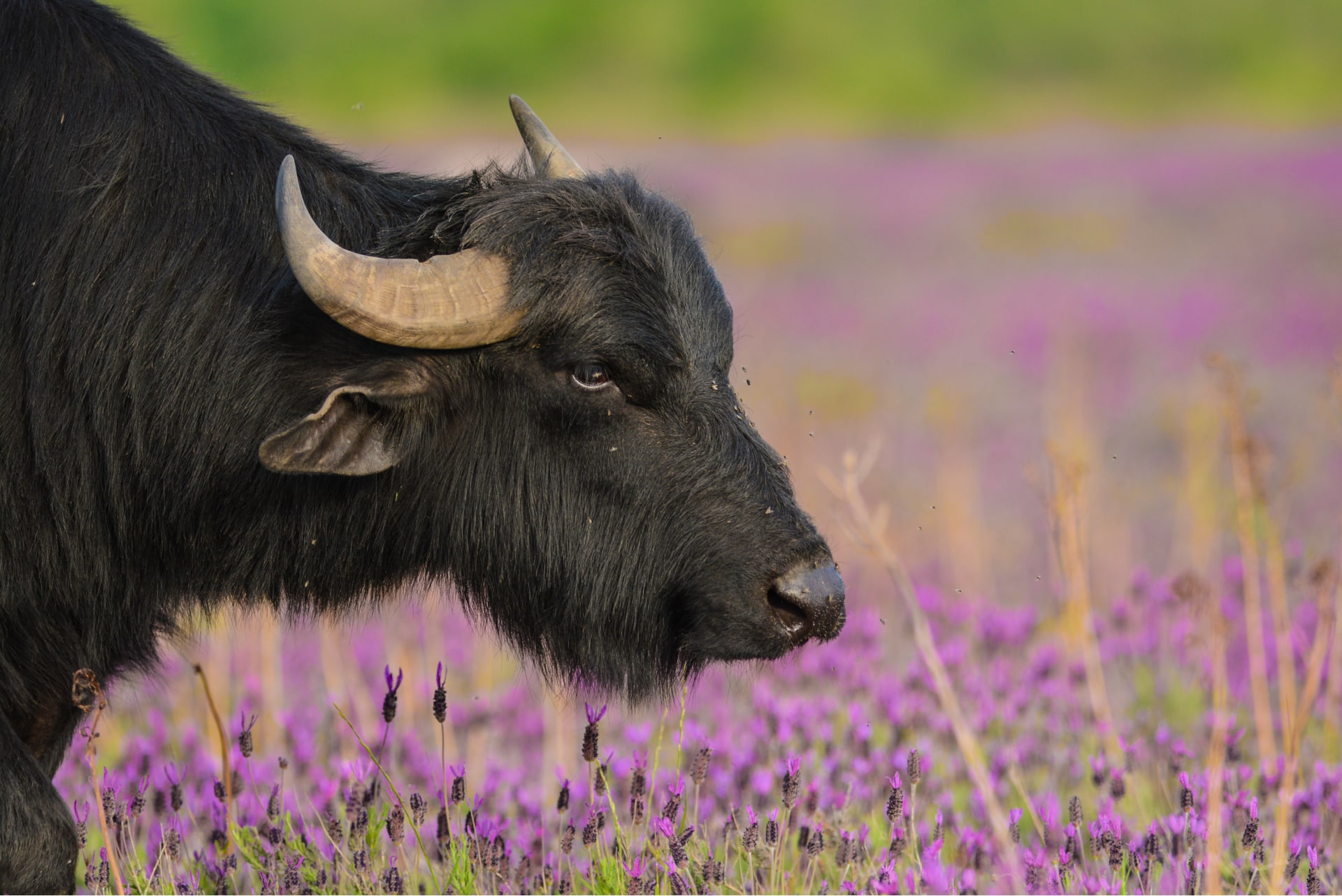Izmir School’s Agricultural Strategies & Design services are dedicated to creating sustainable agricultural systems that harmonize with the natural environment while enhancing biodiversity.
Drawing from the profound anthropological studies, we blend ancient wisdom with modern scientific approaches to foster agricultural practices that are both productive and ecologically sound. Our approach goes beyond just improving the agricultural yield. We also focus on enhancing profitability for producers and ensuring the sustainability of agricultural landscapes.
Our services include the design of agricultural ecosystems embracing the entire farm-to-table production and marketing scheme completed by agrotourism. We develop strategies that promote soil health, water conservation, and biodiversity management while enhancing agricultural habitats. By promoting circular development principles and innovative technologies, we ensure that resources are utilized efficiently, waste is minimized, and ecological functions are restored throughout food production and marketing.
We conduct comprehensive research to tailor our designs to the specific needs of each agricultural basin, ensuring that our solutions are both practical and impactful. Our commitment to nature-based solutions drives us to create systems that not only improve productivity but also contribute to the conservation and enhancement of agricultural areas as an ecosystem.
Partner with us to transform your agricultural practices, achieving both sustainable productivity and a thriving, diverse ecosystem.
Selected previous experiences:
● Izmir Agriculture Strategy 2024 (in Turkish)
● Indigenous Production Landscapes 2022 (in Turkish)
● Sustaining the Sustainable: Ancient olive pastures of Turkey 2018
● Yavaş Dükkan – Slow Shop 2015
We contributed to the design of the concept of Yavaş Dükkan (Slow Shop) , which is the agro-ecological food business of Doğa (BirdLife in Turkey). Yavaş Dükkan supports Doğa and Seferihisar Nature School by sourcing essential, eco-friendly products that align with conservation and nature culture values. Products must come from Key Biodiversity Areas or Indigenous Production Landscapes, use sustainable practices, and avoid harmful chemicals. The agro-ecological network includes producers who comply with these criteria. Exceptional products that aid in conserving endangered species or ecosystems, even if not fully meeting criteria, are transparently included.
www.yavasdukkan.net

